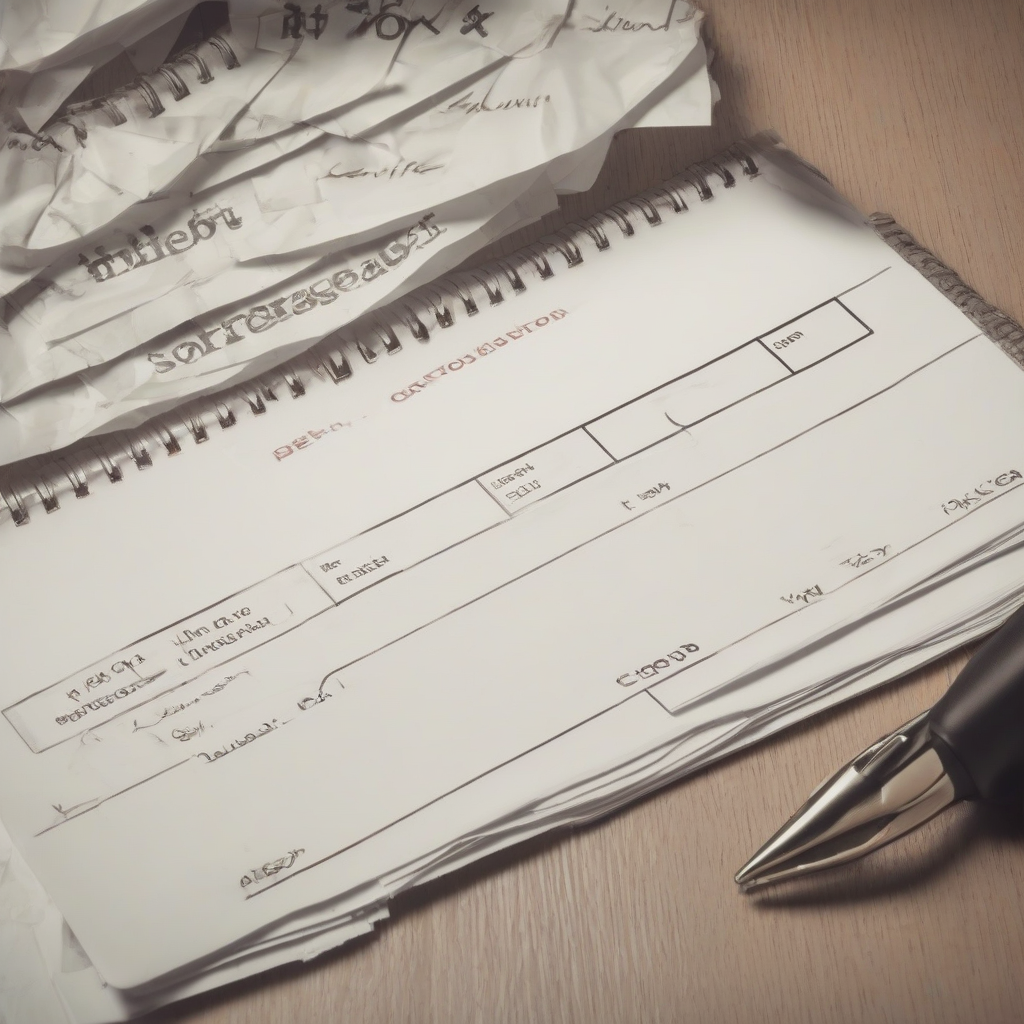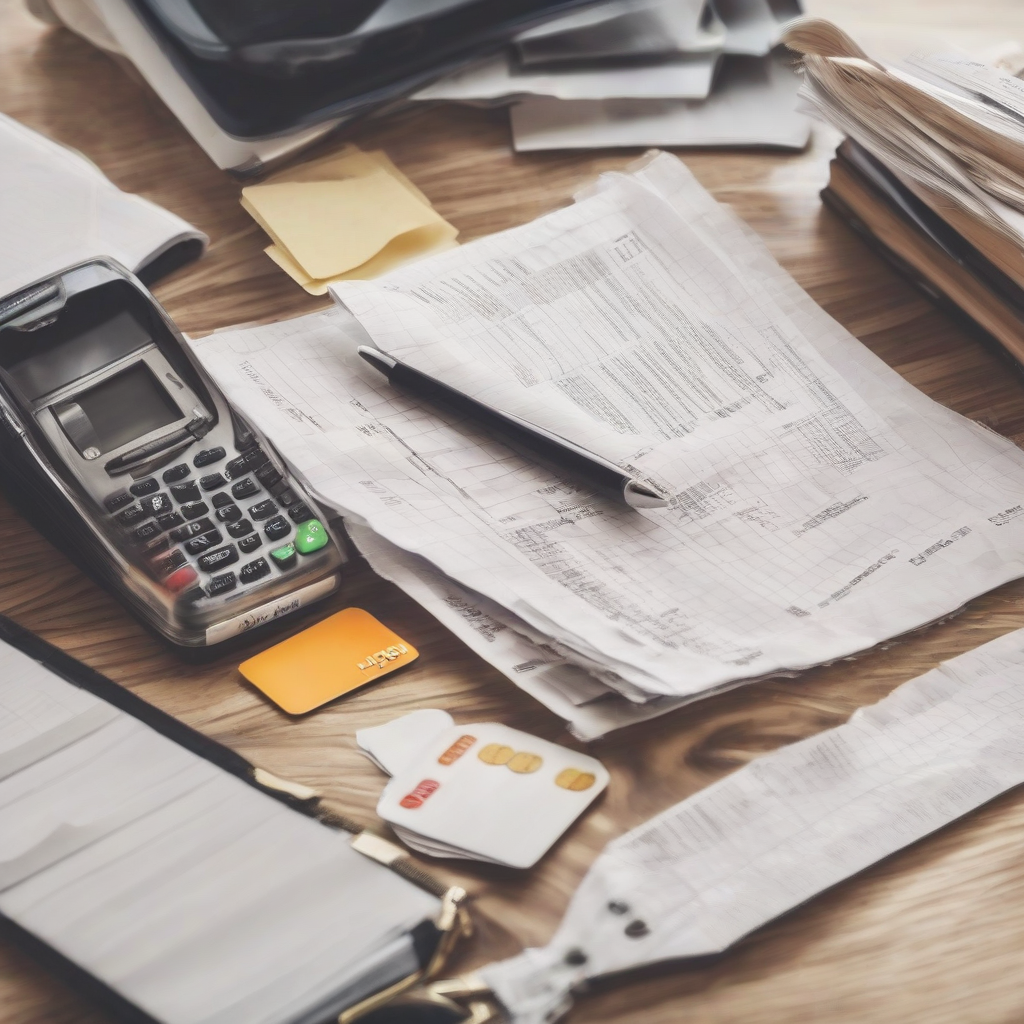Debt Consolidation for Bad Credit: A Comprehensive Guide

Debt Consolidation for Bad Credit: A Comprehensive Guide
Introduction
Managing debt can be a stressful experience, especially when you have bad credit. Debt consolidation offers a potential solution by combining multiple debts into one loan with a lower interest rate. However, navigating this process with bad credit presents unique challenges and requires a thorough understanding of the options and risks involved.
Understanding Debt Consolidation
Debt consolidation involves taking out a new loan to pay off existing debts. The new loan typically has a lower interest rate and a longer repayment term, making it easier to manage your monthly payments. This can help to reduce your overall debt burden and improve your credit score.
Benefits of Debt Consolidation:
- Lower monthly payments
- Simplified debt management
- Potential for lower interest rates
- Improved credit score (with responsible repayment)
Risks of Debt Consolidation:
- Higher total interest paid over time
- Difficulty securing a loan with bad credit
- Potential for higher interest rates than existing debts
- Risk of further debt accumulation
Debt Consolidation Options for Bad Credit
While traditional debt consolidation options may be difficult to obtain with bad credit, there are alternatives available:
1. Balance Transfer Credit Cards:
- Offer 0% introductory APR for a limited period, allowing you to transfer balances and make interest-free payments.
- Typically have lower interest rates than existing credit cards, but require good credit for approval.
- Consider transferring only high-interest balances to avoid accruing more debt.
2. Personal Loans:
- Offered by banks, credit unions, and online lenders.
- May have more flexible eligibility requirements than traditional loans.
- Consider options specifically designed for borrowers with bad credit, but expect higher interest rates.
3. Debt Management Plans (DMPs):
- Offered by credit counseling agencies, which negotiate with creditors for lower interest rates and monthly payments.
- Can be a viable option for individuals struggling to manage their debt.
- Involves monthly payments made to the credit counseling agency, which then distributes the funds to creditors.
4. Debt Settlement:
- Involves negotiating with creditors to settle debts for a lower amount than what is owed.
- Can be a last resort option and may negatively impact your credit score.
- Consider reputable debt settlement companies and avoid scams.
Factors Affecting Debt Consolidation Eligibility
Your eligibility for debt consolidation depends on several factors:
1. Credit Score:
- A higher credit score increases your chances of approval and lower interest rates.
- Bad credit may require seeking specialized lenders or exploring alternative options.
2. Debt-to-Income Ratio (DTI):
- Represents the percentage of your gross income dedicated to debt payments.
- A lower DTI improves your eligibility for debt consolidation.
- Consider reducing expenses or increasing income to lower your DTI.
3. Income and Employment History:
- Lenders evaluate your ability to repay the loan based on your income and employment history.
- Stable employment and a reliable income stream are crucial for approval.
Tips for Debt Consolidation with Bad Credit
Successfully consolidating debt with bad credit requires careful planning and execution:
1. Improve Your Credit Score:
- Pay bills on time to improve your payment history.
- Reduce credit card utilization to boost your credit utilization ratio.
- Consider a secured credit card to build credit history.
2. Compare Lenders and Interest Rates:
- Shop around for the best rates and terms from different lenders.
- Research lenders specializing in bad credit loans.
- Compare fees and APRs to find the most affordable option.
3. Budget and Track Expenses:
- Create a detailed budget to understand your income and expenses.
- Track your spending and identify areas for cost reduction.
- Allocate sufficient funds for debt repayment.
4. Prioritize Debt Repayment:
- Focus on paying down high-interest debts first.
- Use the snowball method to tackle debts in order of smallest balance to largest.
- Set realistic repayment goals and stick to the plan.
Conclusion
Debt consolidation can be a valuable tool for managing debt and improving your credit score. However, it's crucial to approach this process with caution, especially if you have bad credit. By understanding the options, risks, and tips outlined in this guide, you can make informed decisions and effectively navigate the path to financial stability.
What's Your Reaction?















